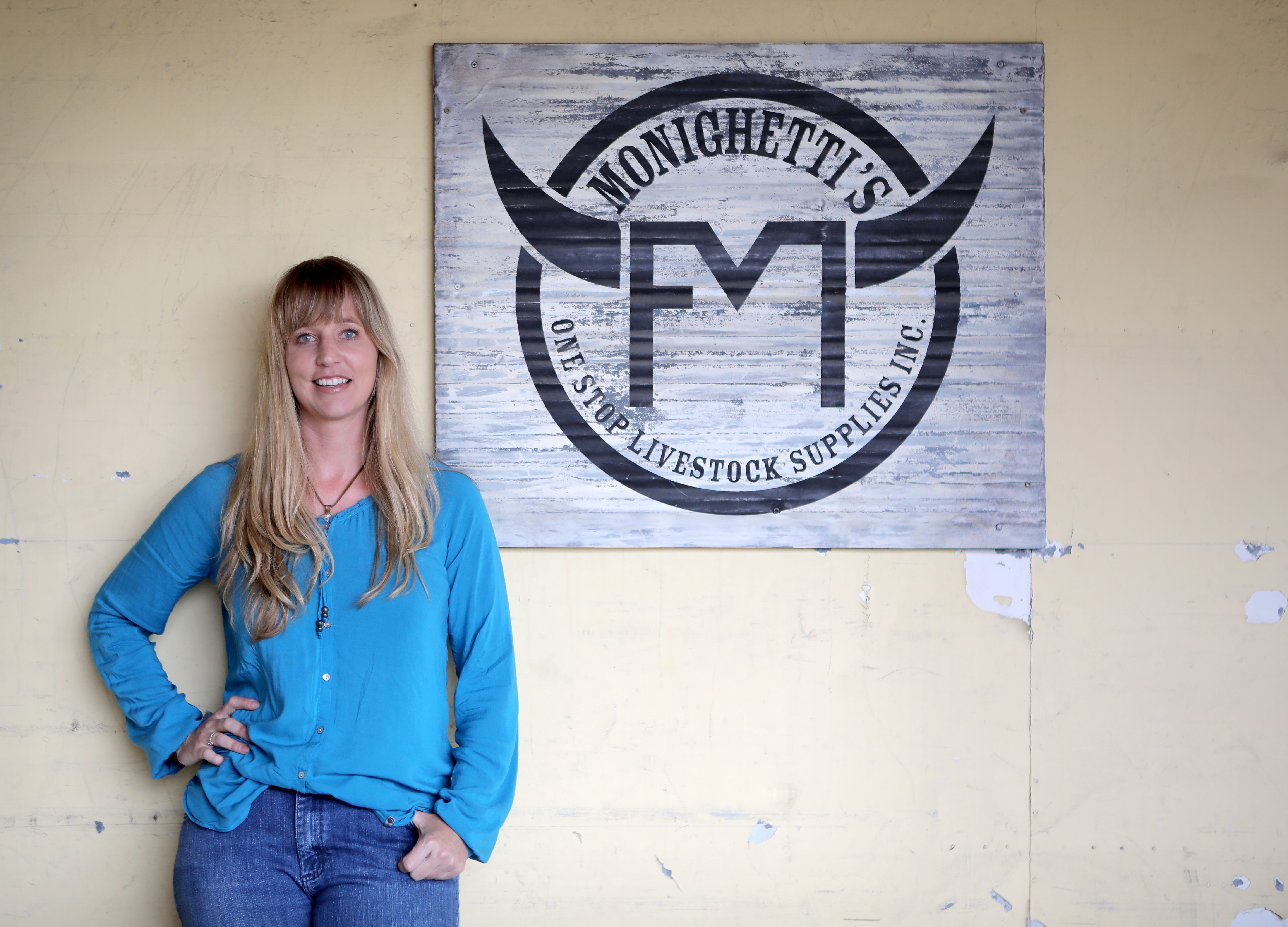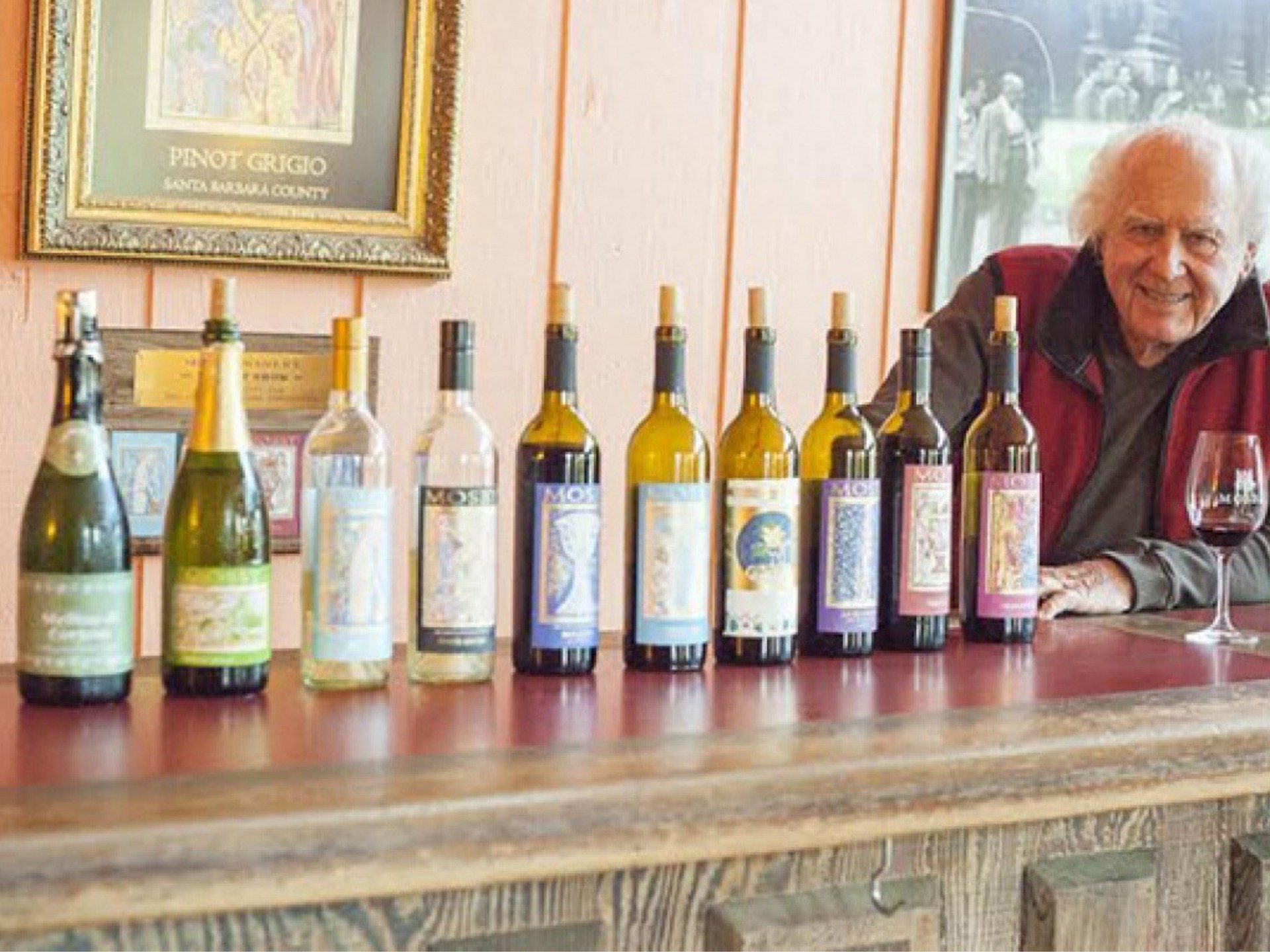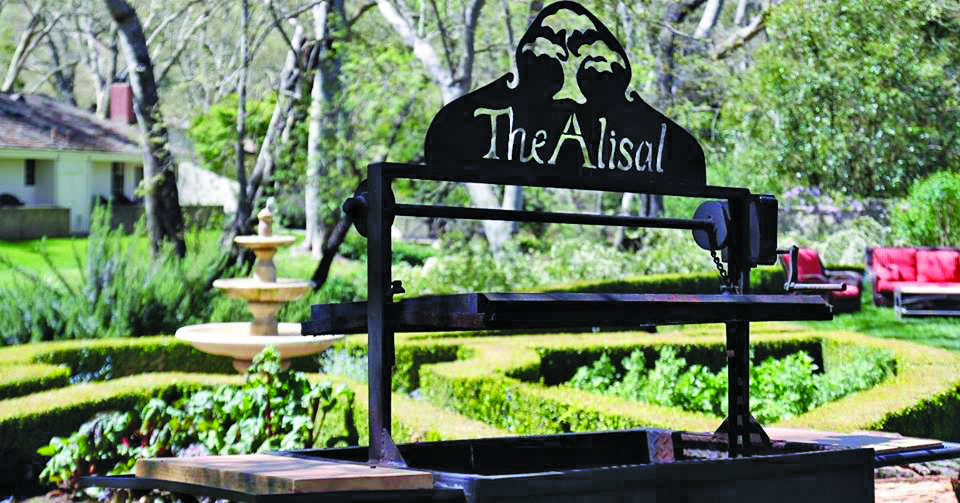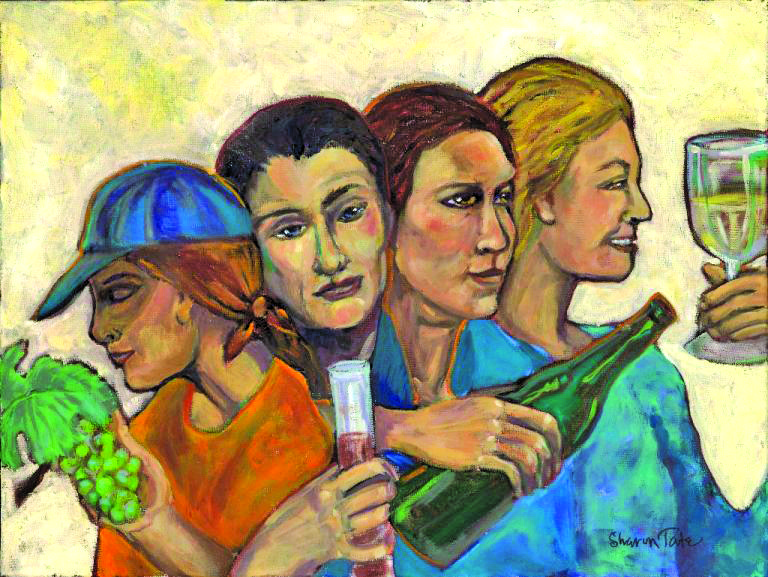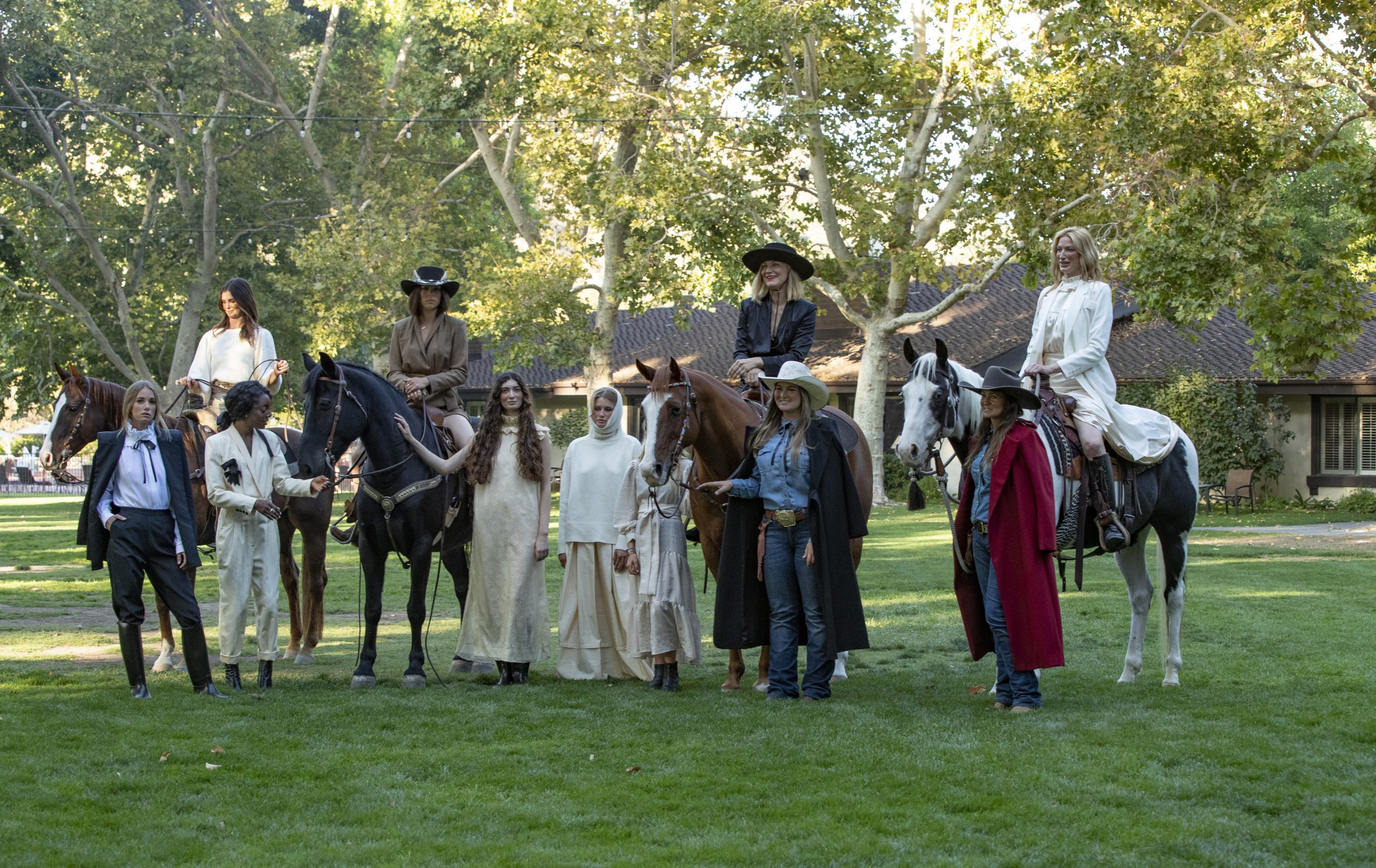By Jessica Schley
Contributing Writer
Mike and Kristi Monighetti don’t get weekends off work. Between juggling their shop, Mike’s horse-training business, the family’s row-crop leases and their herd of cattle, their work-life balance isn’t a balance. Work is life. Life is work. And they love it.
Mike Monighetti was born and raised in Los Alamos on the Monighetti family ranch.
His grandparents and great-grandparents on both sides of his family owned ranches in the area, extending back to the original Spanish land grants. The family history is prominently outlined in the book “Royal Rancho” by Walter Tomkins, which contains the history of all of the original rancho families in the area.
Fancy as that all sounds, Mike did not have his ranching lifestyle handed to him on a silver platter. He has faced incredible hardship and overcome mountains of seemingly impossible obstacles.
Mike lost his mom when he was 20. His dad died in 2007 without anything in place to keep the ranch and assets in the family. Mike essentially had to purchase the ranch back from the government by paying off all of the estate taxes over a decade. He came very close to losing everything.
Kristi came from Bend, Oregon, a logging and farming town, but her family was not in the ag industry.
“My mom was a nurse and my dad was the chief of police,” she said. “But while I was studying at Cal Poly I realized how at home I felt, and how much I enjoyed the culture that came along with ranching and farming.” She decided she wanted to pursue a life in ag.
Mike and Kristi met in San Luis Obispo while she was attending Cal Poly. It was trivia night at McClintock’s. Before long, they were inseparable. Soon, she was working with Mike on the ranch.
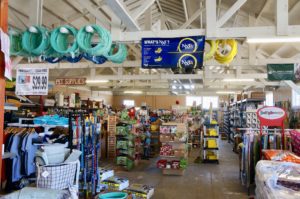
The Buellton store operated by Kristi and Mike Monighetti helps support their ranching work and lifestyle.
“Kristi worked really hard for my family before we got married, before we even talked about getting married,” said Mike. Kristi rides, and has great instincts with cattle. She picked up ranch life quickly, learning the tools of the trade and helping with managing the businesses, using her Cal Poly degree. Soon, Mike asked Kristi to marry and they now have two kids.
It was three months after Mike and Kristi bought Broken Bow, the supply store formerly located at the now defunct Buellton Stockyards, that Mike’s dad died. The business became an integral piece of the income puzzle they would need to save the ranch.
They renamed the business and moved it to its current location, which was formerly Gracian Ag. They expanded their inventory from farrier supplies and cattle vaccines to include feed, pet supplies, riding equipment, 4-H and FFA project supplies, and much more. Although they face tough competition from two other corporate supply stores in Buellton, their family-owned and operated business is doing well. The business supplements their ranching life.
“It’s not possible anymore to support your family by just running cattle. The way people do it now is they diversify. We do the store, we do ranching and we do farming. I train horses now too, after Kristi encouraged me to stop shoeing horses when I injured my back,” Mike said.
A couple of years ago, the Monighettis moved off the ranch in Los Alamos and came to live in Buellton, close to the store. Mike moved his horse training business to Buellton as well. It was a move that allowed their family to spend a lot more time together, because the store, the kids’ school, and Mike’s horse-training operation were now a lot closer together.
Mike says his horse-training business expanded tenfold when he moved to his new facility, next door to Pollyrich Farm on Highway 246. He trains ranch and rope horses and teaches riding and roping. He was a state champion calf roper in college, and before that a junior state champion in high school rodeo. He went to a college in West Hills/Coalinga, but never graduated.
“There’s more to success than a piece of paper. I’ve always been a worker, and I just wanted to get out there and work. So I did,” he said.
Mike and Kristi are examples of “the next generation” in ranching and farming who are truly making it in the ag industry. But there are far more examples of this generation that just haven’t been able to pull it off and keep the ranch. It’s not the same landscape as the previous generations. Diversify or die is the law of the land now for most folks.
“If you do something you love doing and make a living at it, that’s the greatest way to live,” he said. “This generation of ranching and farming families in the valley have to work awfully hard to make a living, but if they love it here and they want to stay and raise the next generation, if they don’t mind hard work, they’re making it. But they have to wear a lot of hats, and their work has to be their life and vice versa.”

